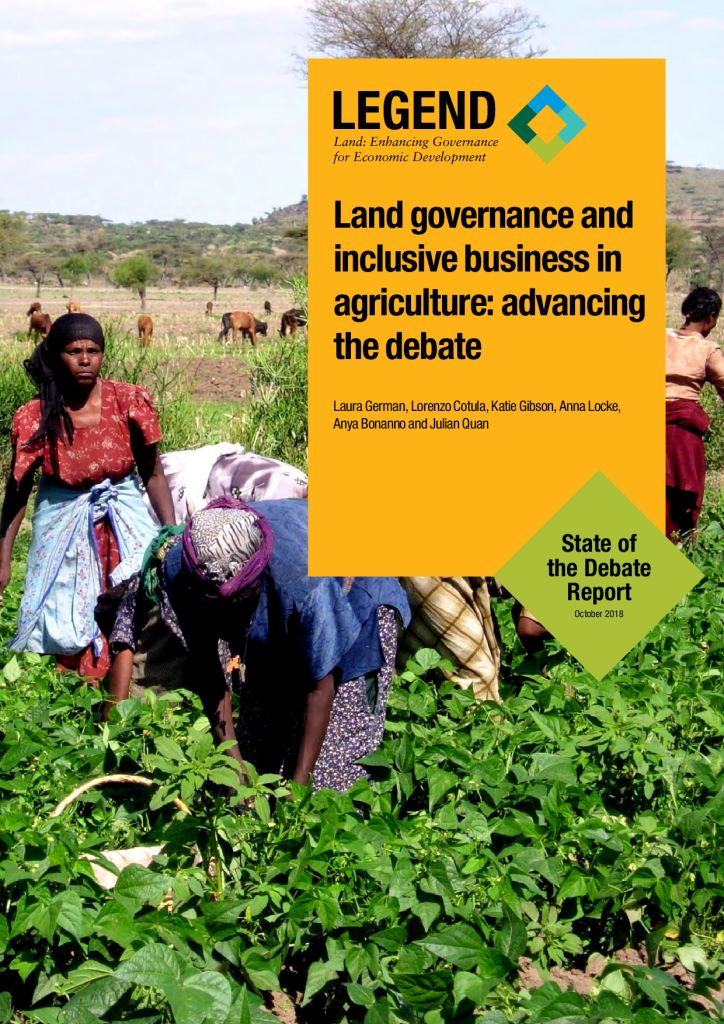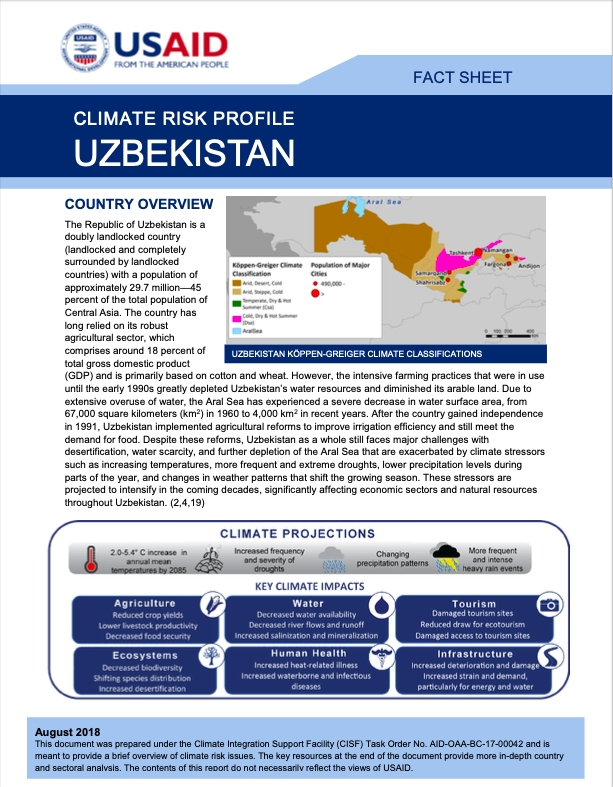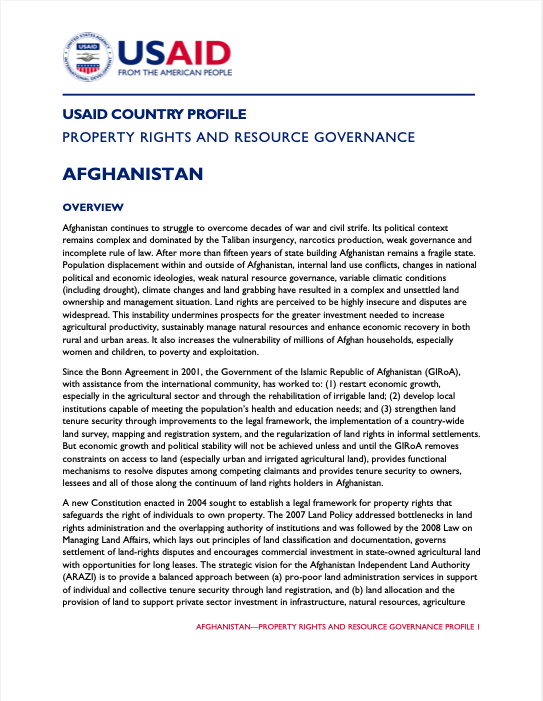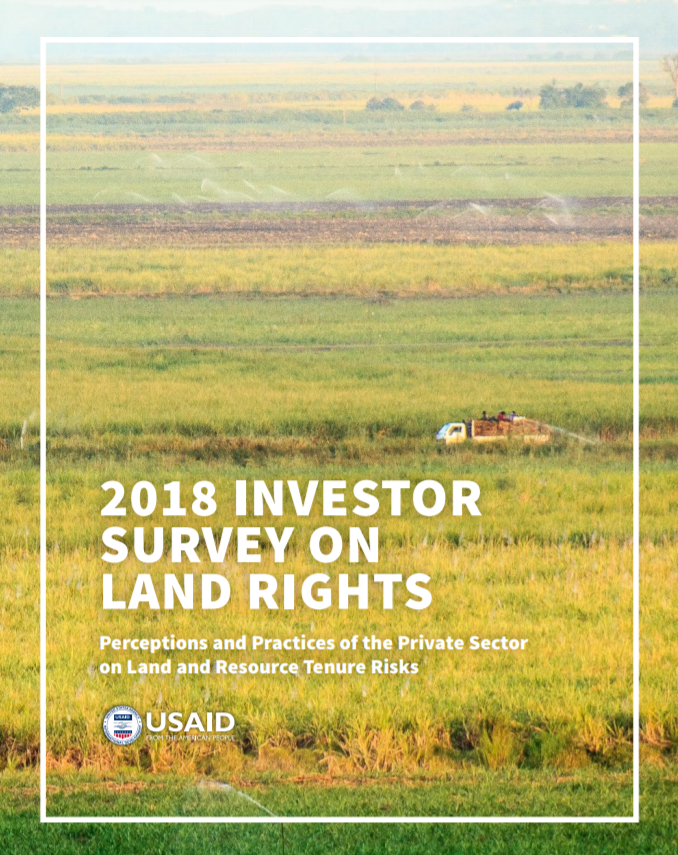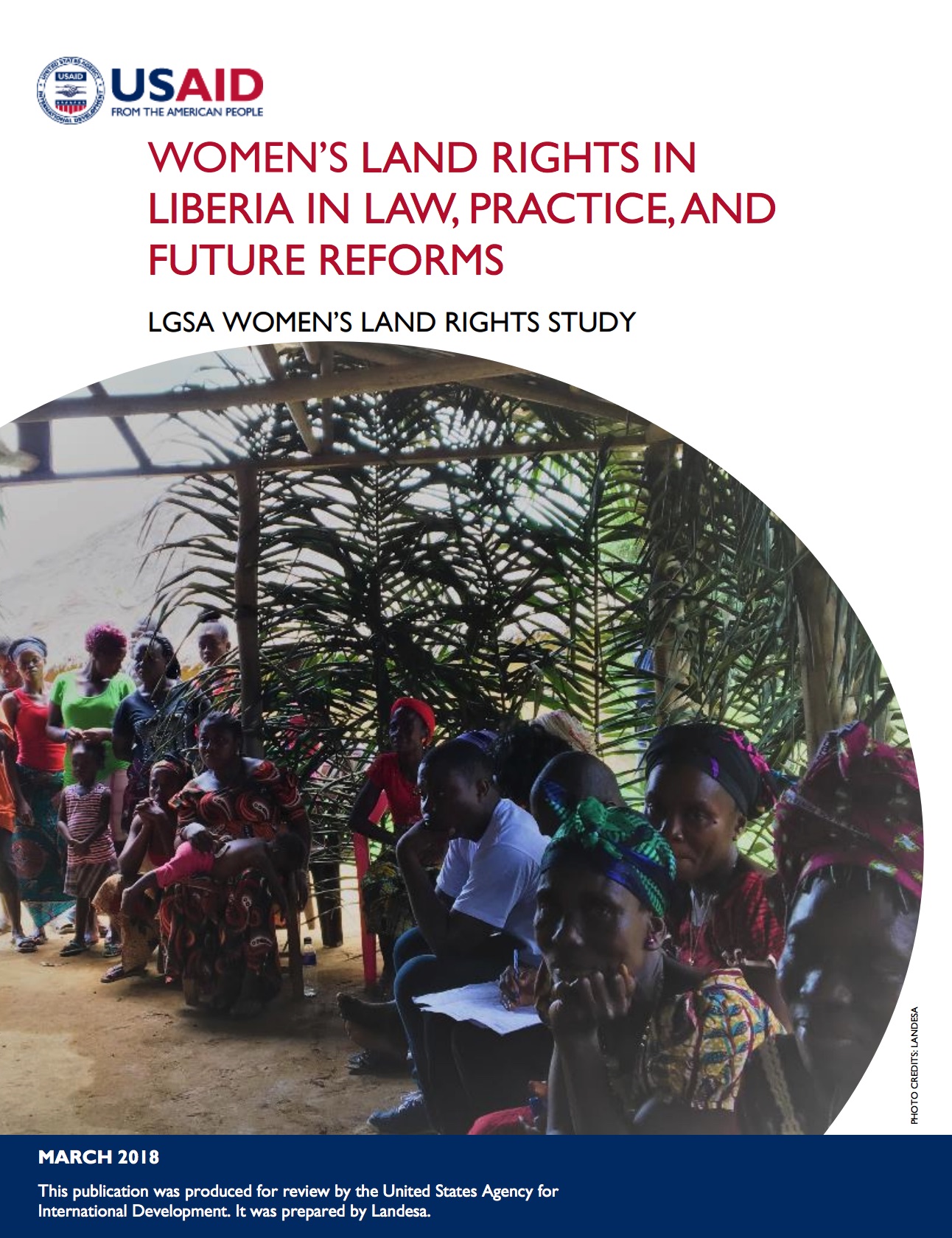Location
About Us
We envision a world in which land governance systems, both formal and informal, are effective, accessible, and responsive for all. This is possible when land tenure and property rights are recognized as critical development issues and when the United States Government and its development partners demonstrate consistent attention and a firm commitment to supporting coordinated policies and programs that clarify and strengthen the land tenure and property rights of all members of society, enabling broad-based economic growth, gender equality, reduced incidence of conflicts, enhanced food security, improved resilience to climate change, and effective natural resource management.
Mission Statement
The USAID Land Tenure and Resource Management (LTRM) Office will lead the United States Government to realize international efforts—in accordance with the U.S. Government’s Land Governance Policy—to clarify and strengthen the land tenure and property rights of all members of society—individuals, groups and legal entities, including those individuals and groups that are often marginalized, and the LTRM Office will help ensure that land governance systems are effective, accessible, and responsive. We will achieve this by testing innovative models for securing land tenure and property rights and disseminating best practice as it relates to securing land rights and improving resource governance within the USG and our development partners.
Members:
Resources
Displaying 11 - 15 of 440Gouvernance foncière et inclusion dans les investissements agricoles : faire avancer le débat
Date: Octobre 2018
Source: Foncier & Développement
Par: Laura German, Lorenzo Cotula, Katie Gibson, Anna Locke, Anya Bonanno, Julian Quan
Ce rapport passe en revue l’état du débat mondial sur l’inclusion dans les investissements agricoles et analyse ce qu’elle signifie pour les différents acteurs de la chaîne de valeur.
Climate Risk Profile Uzbekistan
This profile provides an overview of climate risk issues in Uzbekistan, including how climate change will potentially impact five key sectors in the country: agriculture, water, tourism, ecosystems, human health, and infrastructure. The brief also includes an overview of historical and future climate trends in Uzbekistan, the policy context outlining existing climate risk strategies and plans developed by Uzbekistan, and a list of ongoing projects that focus on climate adaptation.
Property Rights and Resource Governance: Afghanistan
Afghanistan continues to struggle to overcome decades of war and civil strife. Its political context remains complex and dominated by the Taliban insurgency, narcotics production, weak governance and incomplete rule of law. After more than fifteen years of state building Afghanistan remains a fragile state.
2018 Investor Survey on Land Rights: Perceptions and Practices of the Private Sector on Land and Resource Tenure Risks
The USAID's Investor Survey on Land Rights aimed to provide a more systematic understanding of the drivers of tenure risk to land-based investments from the perspective of the private sector, and of how investors and operators assess, mitigate and are affected by such risks. The findings from the survey will provide readers with useful insights into the current treatment of land tenure risks in land-based investments.
Women's Land Rights in Liberia in Law, Practice, and Future Reforms
Land is the most important asset for many rural Liberian women and men, and is often a family’s primary source of cash income, food and nutritional security, health care, and education. Though women play a central role in agricultural production in Liberia, women’s rights and access to land are often not equal to those of men due to biases in the formal legal framework and customary law.


